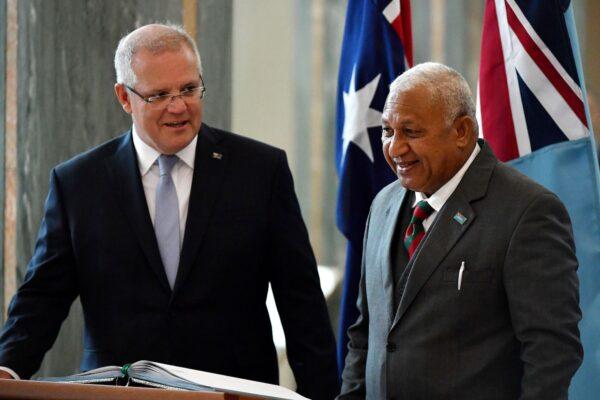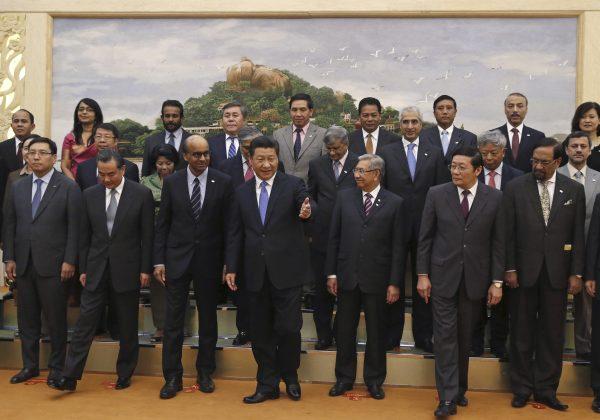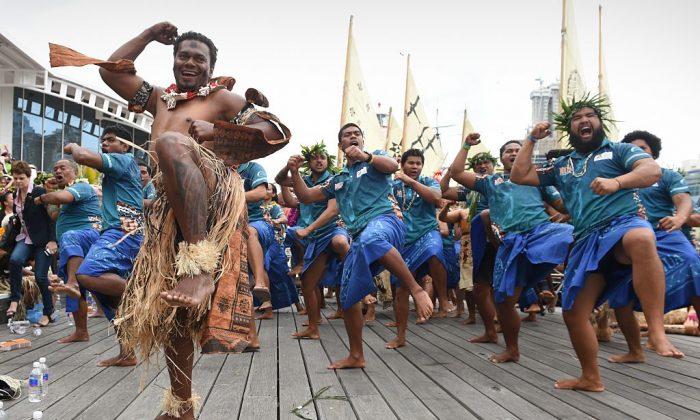The Australian government has committed to spending $300 million (US$232 million) on infrastructure projects in the Pacific region as a way to combat Beijing’s predatory lending in the region.
Federal Minister for International Development and the Pacific Zed Seselja told the Herald that Australia is looking into a substantial pipeline of investment in the Pacific region.
“Australia is investing in high-quality infrastructure projects with our Pacific island neighbours, using a combination of loans and grant funding,” he said.

The funding is set to come from the Australian Infrastructure Financing Facility for the Pacific (AIFFP). Created in 2018, the AIFFP has a offered $2 billion (US$1.55 billion) worth of loans and grants to the Pacific region.
The project blitz comes as Australia looks to offer al alternative to Beijing money in the region via the Chinese Communist Party’s Belt and Road Initiative (BRI) and the Asian Infrastructure Investment Bank (AIIB), both of which have provided predatory loans to bankroll infrastructure projects.
“China is very willing to lend money to any Pacific island nation. As much as Australia and New Zealand have encouraged the islands to look to them first, it’s been a lot easier getting money out of China,” Fletcher Melvin, president of Cook Islands’ Chamber of Commerce, told the newswire.

Anna Powles, a senior lecturer at the Centre for Defence and Security Studies at Massey University in Wellington, New Zealand, told Reuters that loans from the AIIB could create debt traps for participating counties, much like the BRI.
“If the AIIB becomes the primary lender to the Pacific and the region’s economic recovery is driven by Chinese lending, then certainly there will be cause for significant concern that economic dependence could be exploited,” Powles said.
Currently, Beijing has signed up nine Pacific countries to the BRI including Kiribati, Solomon Islands, the Cook Islands, Fiji, Vanuatu, Tonga, Niue, Samoa, and Papua New Guinea.
Sri Lanka, for example, had to hand over 70 percent control of its strategic Hambantota Port to a Chinese state-owned firm for a 99-year lease after they could not make their loan repayments. Meanwhile, Djibouti has ended up handing over its main port to Chinese control, with the PLA establishing a permanent military base.
This is a concern for Australia as it means that China could place a military establishment in our neighbouring region.
“Historically, the region has not been a leading source of ’traditional' military threats, but America and Australia can no longer afford to overlook the PIR as a locus of Chinese security activity,” Corben wrote.
Indeed, a Pacific base could provide the CCP with a foothold for operations “to coerce Australia” and outflank the United States, Corban says, which would see a regional security crisis.





Friends Read Free